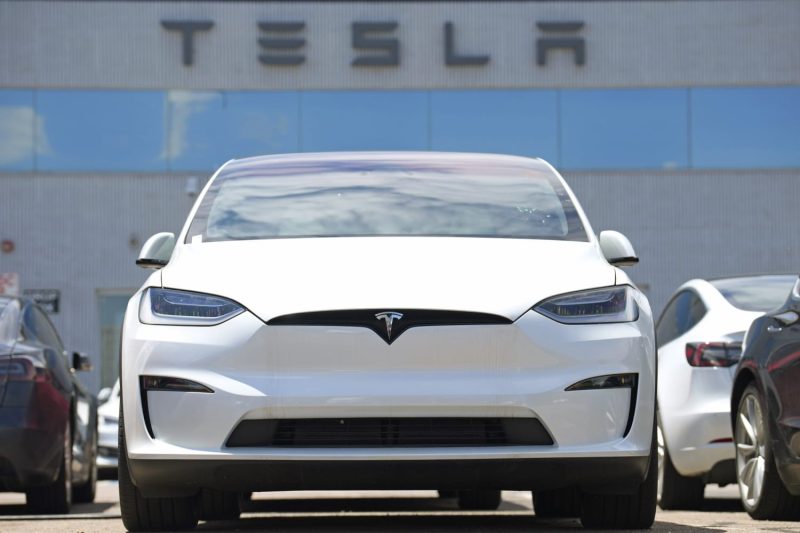In the fast-evolving world of electric vehicles, Tesla has emerged as a groundbreaking force, disrupting traditional automotive paradigms and compelling other manufacturers to catch up or risk becoming obsolete. However, recent reports of job cuts at the company have raised eyebrows and sparked concerns within Wall Street circles about Tesla’s long-term sustainability and the underlying health of the electric vehicle market.
The unprecedented growth and success enjoyed by Tesla in recent years have been inextricably linked to the vision and leadership of its enigmatic CEO, Elon Musk. Musk’s ability to galvanize stakeholders, investors, and the public alike has not only propelled Tesla to the forefront of the EV industry but has also established the company as a symbol of innovation and ambition.
Despite the optimism surrounding Tesla’s mission to accelerate the world’s transition to sustainable energy, recent events have cast a shadow over the company’s future prospects. The decision to trim its workforce, while not uncommon in the volatile world of tech and automotive industries, has nevertheless fueled speculation about the underlying motives behind the move.
One of the primary concerns that has emerged from these job cuts is the suggestion that Tesla may be facing challenges in sustaining demand for its electric vehicles. The global transition towards cleaner, greener transportation options has seen increased competition in the EV market, with traditional automakers and upstart companies alike vying for market share.
Additionally, the economic uncertainties brought about by the COVID-19 pandemic have further complicated matters for Tesla and other automotive manufacturers. The pandemic-induced supply chain disruptions, fluctuating consumer preferences, and shifting regulatory landscapes have created a perfect storm of challenges for companies like Tesla to navigate.
Moreover, Tesla’s ambitious expansion plans, including the construction of new gigafactories and the introduction of new vehicle models, have raised questions about the company’s ability to manage its growth effectively. As Tesla seeks to scale its operations and penetrate new markets, the pressure to deliver consistent growth and profitability has never been higher.
Despite these challenges, Tesla remains a formidable player in the EV industry, with a loyal customer base, a strong brand presence, and a track record of innovation. The company’s ability to adapt to changing market conditions, leverage its technological prowess, and capitalize on emerging trends will be critical in determining its long-term success.
Ultimately, the story of Tesla’s job cuts is not just a reflection of the company’s internal dynamics but also a testament to the broader shifts taking place in the automotive industry. As Tesla navigates the turbulent waters ahead, its ability to stay true to its core mission, innovate relentlessly, and evolve with the times will be pivotal in shaping its destiny in the years to come.
